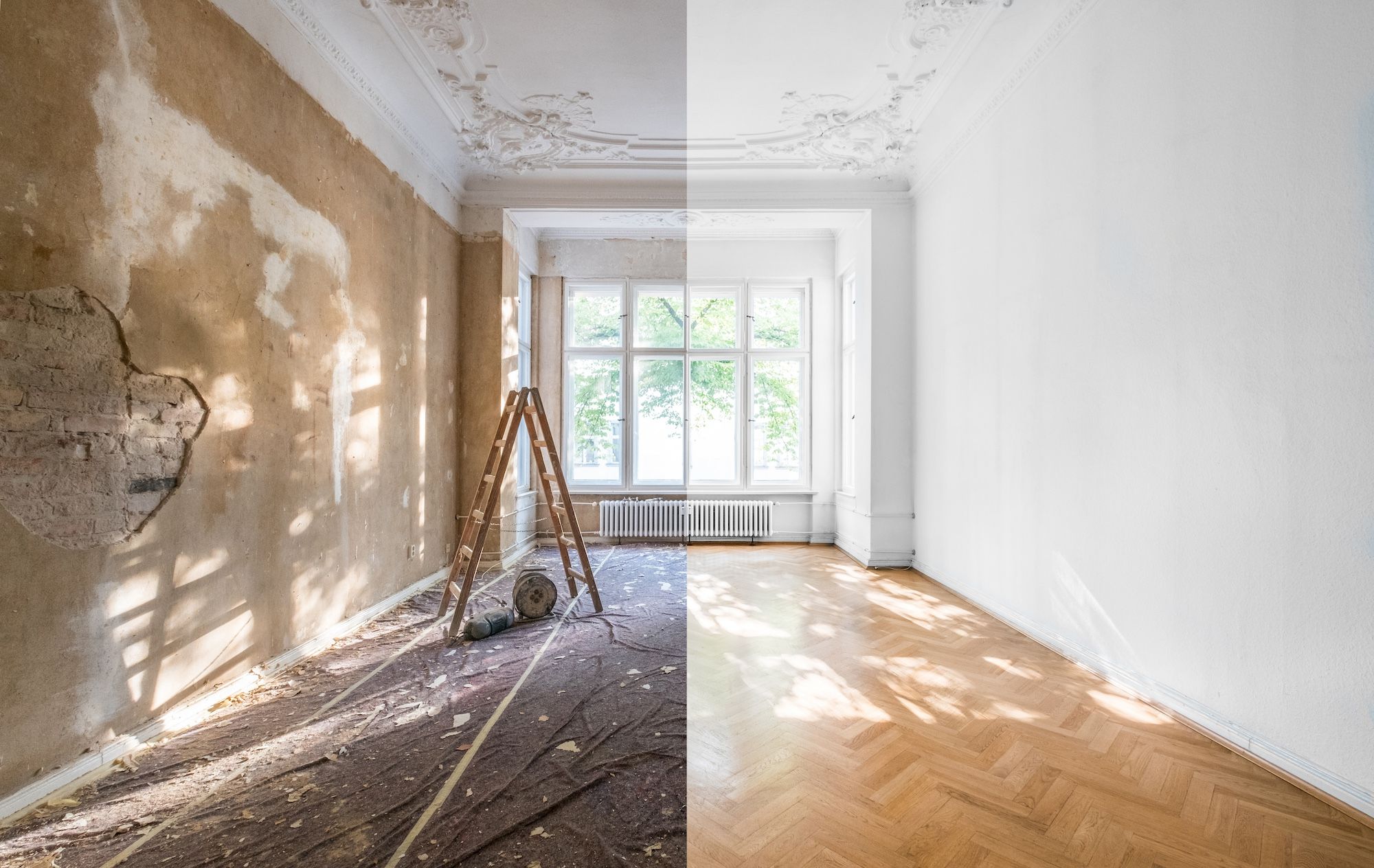Mon Apr 08 2024
Creating a Budget-Friendly Renovation Plan for Your Home
A small headline that needs to be added to the schema

Embarking on a home renovation project is an exciting endeavor that can breathe new life into your living space and increase the value of your property. However, the prospect of renovation can also be daunting, especially when considering the potential costs involved. Fortunately, with careful planning and strategic decision-making, it's possible to create a budget-friendly renovation plan that achieves your desired outcomes without breaking the bank. In this article, we'll explore practical tips and strategies for creating a renovation plan that is both cost-effective and impactful.
- Set Clear Goals and Priorities: Before diving into the renovation process, take the time to define your goals and priorities. Identify which areas of your home require the most attention and determine what changes will have the greatest impact on your lifestyle and property value. By setting clear objectives from the outset, you can focus your efforts and resources where they are needed most.
- Establish a Realistic Budget: One of the most critical aspects of a budget-friendly renovation plan is establishing a realistic budget from the start. Take stock of your financial situation and determine how much you can comfortably afford to spend on the project. Be sure to account for unexpected expenses and leave room for contingencies to avoid overspending.
- Research Cost-Effective Materials and Solutions: Explore cost-effective materials and solutions that can help you achieve your renovation goals without breaking the bank. Consider alternatives to high-end materials and finishes that offer similar aesthetics at a lower price point. Additionally, look for opportunities to repurpose or refurbish existing elements of your home to save on costs.
- Do-It-Yourself vs. Hiring Professionals: Assess your DIY skills and determine which tasks you can realistically tackle yourself and which are best left to professionals. While DIY projects can help save on labor costs, be mindful of your limitations and avoid taking on tasks that require specialized knowledge or equipment. Hiring professionals for certain aspects of the renovation can ensure quality workmanship and minimize the risk of costly mistakes.
- Plan for Phased Renovation: If your budget is limited, consider breaking the renovation project into manageable phases that can be completed over time. Prioritize the most critical areas or improvements and tackle them one at a time as your budget allows. Phased renovation allows you to spread out the costs over an extended period while still making progress toward your ultimate vision for your home.
- Explore Financing Options: If funding your renovation outright is not feasible, explore financing options such as home equity loans, personal loans, or lines of credit. Compare interest rates and terms from different lenders to find the most favorable option for your needs. Be sure to borrow only what you can afford to repay comfortably to avoid financial strain down the line.
- Obtain Multiple Quotes and Negotiate: When hiring contractors or purchasing materials, obtain multiple quotes from different suppliers and service providers. Compare prices and negotiate for the best possible deals. Don't be afraid to ask for discounts or inquire about alternative pricing options to help keep costs in check.
- Maximize Energy Efficiency: Consider incorporating energy-efficient upgrades into your renovation plan to reduce long-term operating costs and potentially qualify for tax incentives or rebates. Simple measures such as installing LED lighting, upgrading insulation, and sealing drafts can yield significant savings on utility bills over time.
- Plan for Future Maintenance: As you plan your renovation, consider the long-term maintenance requirements of the improvements you're making. Opt for durable materials and finishes that require minimal upkeep to help reduce ongoing maintenance costs. Investing in preventive maintenance now can save you time and money on repairs in the future.
- Stay Flexible and Adapt as Needed: Finally, remain flexible throughout the renovation process and be prepared to adapt your plans as needed. Unexpected challenges or opportunities may arise along the way, requiring adjustments to your timeline or budget. By maintaining a positive and adaptable attitude, you can navigate the renovation process more smoothly and achieve successful results within your budget constraints.
In conclusion, creating a budget-friendly renovation plan for your home requires careful consideration, strategic planning, and a willingness to explore cost-effective solutions. By setting clear goals, establishing a realistic budget, researching materials and options, and leveraging DIY efforts and professional expertise, you can transform your home while staying within your financial means. With creativity, resourcefulness, and careful planning, your dream home renovation can become a reality without breaking the bank.
